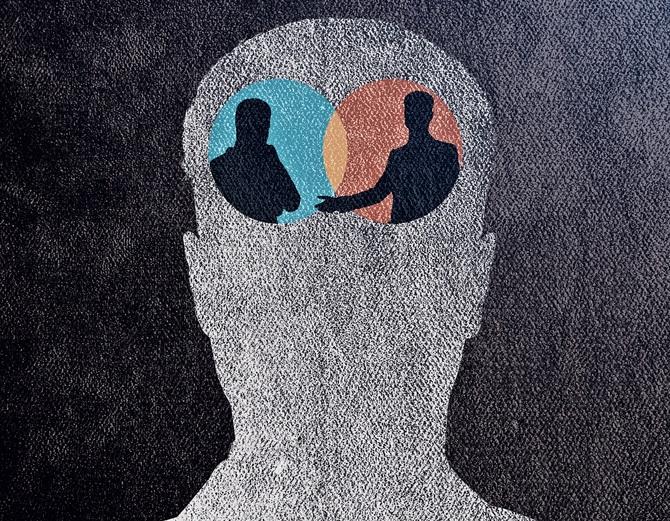 I used to oppose the minimum wage, for some excellent reasons that reflected sound economic reasoning.
I used to oppose the minimum wage, for some excellent reasons that reflected sound economic reasoning.
Over the years I’ve gradually switched sides. You probably can safely say I’m a proponent of minimum wage, at least up to a point. All those excellent reasons are still true, as well as the sound economic reasoning.
Why the change? It was part of my path to leadership.
I’ve spent a lot of time as a leader, and lot of time observing human motivation, what makes organizations, people, and societies tick.
As a result I’ve become more a behaviorist, more a student of human beings and less a traditional economic theorist I was taught to be when an MBA student.
As a leader I’ve learned that people have to care about the mission of your organization, that they have to buy in. The same need for buy-in exists for society as a whole.
I’ve come to believe that it is important for the success of society that as many people as possible have a stake in the success of that society. A job that pays a meaningful wage is an excellent start toward that stake.
Call it my version of the “big tent theory of the social contract.”
Yes, increasing the cost of labor may create more automation (but perhaps they are jobs that should be automated), and, yes, there may be a mild inflationary effect (I think we can handle it and that the benefits make it well worthwhile) and, yes, many workers at minimum wage are college kids or not the target group that needs help the most, but that’s okay, too.
There are great benefits to society of having a minimum wage that makes having a job an attractive prospect versus a last resort to stave off a Dickensian alternative. It sends a message of inclusion, of caring, of opportunity, and of sharing.
Much of my growth as a leader has been on the “soft” side: learning to communicate, to motivate, to create consensus and alignment, to build teams. More and more I’ve left the “hard” side systems (such as accounting) to others. The hard systems are necessary, as we need to measure results and hold people accountable. But I think hard systems are relatively easy to create and maintain, thus to delegate.
Much of leadership is symbolic, setting the tone and direction, listening to feedback, tending to company culture. Soft side behaviors perhaps, but they can yield incredible hard results.
Leaders must take care of their followers, and a good leader cares about the well being of all. When dealing with people, particularly large groups, sometimes the soft side approach can create significantly more alignment and forward movement than the hard side.




